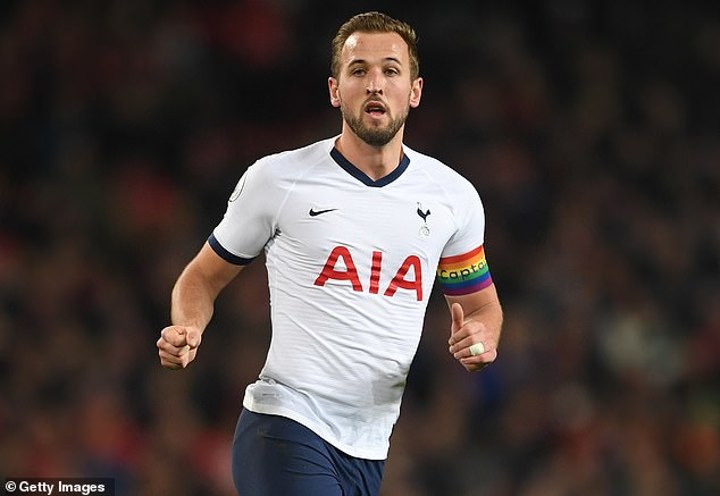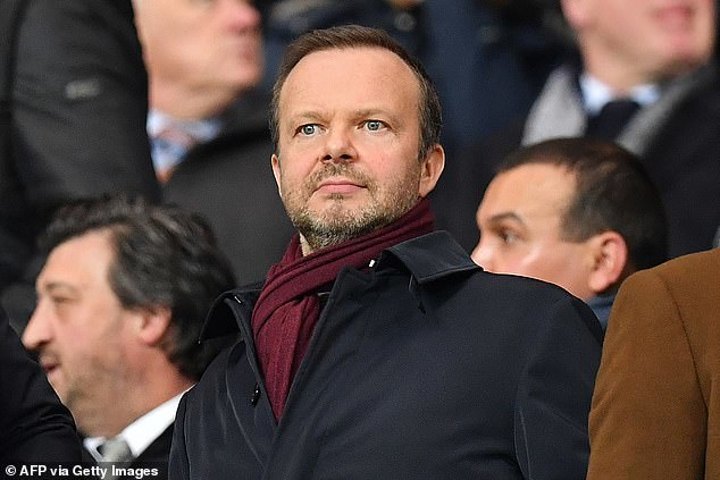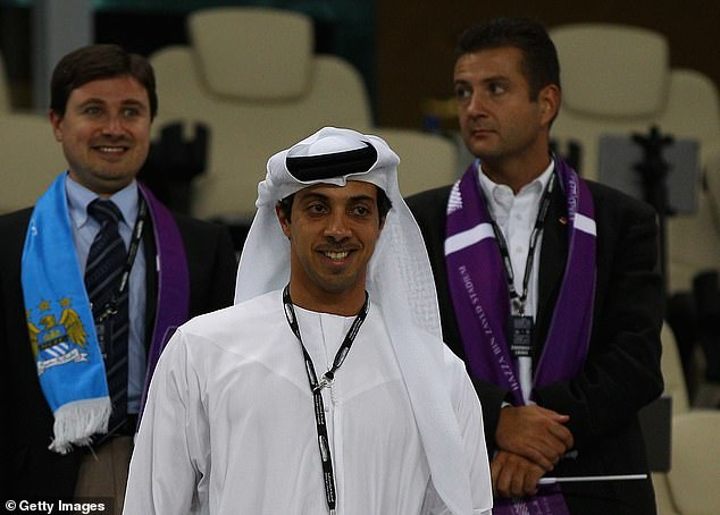Gary Neville is right. Clubs who have deferred or cut salaries should not be able to enter the transfer market until that money is repaid.

It seems only reasonable. That he also thinks Manchester United should be entertaining a bid for Harry Kane, however, reveals the problems football will have staying competitive in the post-coronavirus world.
United have not touched their players’ wages, so no problem there. There was an agreement to donate 30 per cent to the NHS, made prior to the Premier League captain’s charity initiative but that is not the same.
It was the players’ decision and is a donation, not a mandatory cut to save the club.
United’s finances are healthy. What is not is certain clubs — the two in Manchester, for different reasons — being able to plunder a depressed and needy market when this is over.
Ole Gunnar Solskjaer has already given the game away, talking of United being able to exploit the situation. The sovereign wealth behind Manchester City means they might too.
Tottenham’s position is different. They are among the elite but there the similarity ends.
Tottenham’s initial decision to furlough staff — it was only reversed on Monday under intense pressure from their fans — suggests a club facing a looming financial crisis, of huge mortgage repayments and dwindling revenue streams.

It is no coincidence that Harry Kane is now talking about his future and there is speculation Tottenham will sell — for £200million.
That doesn’t compute. When almost every club will operate on massively reduced budgets, for one or two to be able to spend £200m on a player feels wrong.
With unemployment rising and the country in recession it could be a massively alienating development to all but the most unswerving United follower.
The only positive would be the potential trickle-down economic effect, with Tottenham’s windfall being spent with other clubs, rejuvenating their balance sheets.
Yet what clubs, precisely? When Spurs sold Gareth Bale to Real Madrid in 2013, they spent the money on seven players and the clubs directly benefiting were Corinthians, FC Twente, Valencia, Toulouse, Ajax, Roma and Steaua Bucharest.
So, if United did feel inclined to spend £200m on a single player in the current climate — and think of a number and halve it, might be a more accurate philosophy this summer — then perhaps a surcharge on foreign transfers of, say, 25 per cent might help focus a few minds on where the money needs to trickle if English football is to be revived.

No quotas, no limitations — just 25 per cent above the registered, agreed fee to be distributed among football’s needy if the deal is with a foreign club, for a foreign player.
So no tax on Kane’s transfer but, if his replacement comes from abroad, and does not qualify for one of the home nations, the 25 per cent applies. That is the only way a £200m transaction makes sense — if the money stays here.
That way, the Premier League’s richest may begin to restore competition to English football.
Without a plan, however, we face a very real threat. We cannot expect United to mess up from a position of unparalleled financial superiority a second time.
Now Playing: Love Bug
Aretti Adi
SPONSORED LINKS
LOAN FOR TRAVEL, VISA, JAPA, PoF UP TO N200M (CLICK HERE)
[CLICK HERE] For Music Artwork, Website Design And SEO Setup
INSTALL 9JAFLAVER MUSIC APP, STREAM, DOWNLOAD, AND PLAY MUSIC OFFLINE
CHECK OUT FUNNY PICTURE AND MEME HERE (CLICK HERE)
Chissom Anthony – Glory To God In The Highest [See Trending Gospel Song]
Copyright © 2014-2026 9jaflaver. All Rights Reserved.
About us | DMCA | Privacy Policy | Contact us
| Advertise| Request For Music | Terms Of Service
9jaflaver is not responsible for the content of external sites.